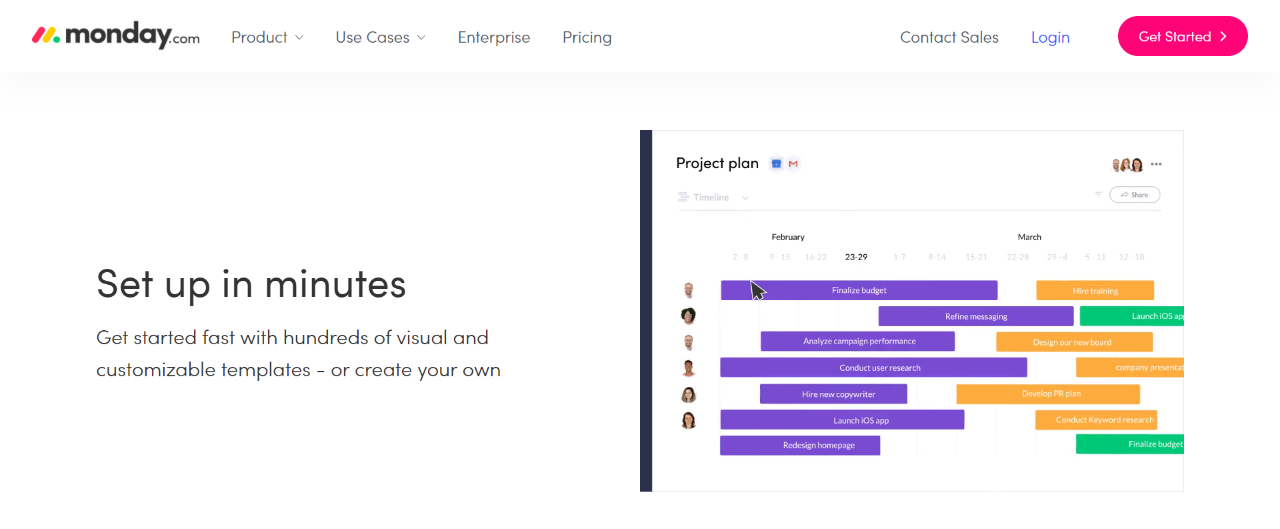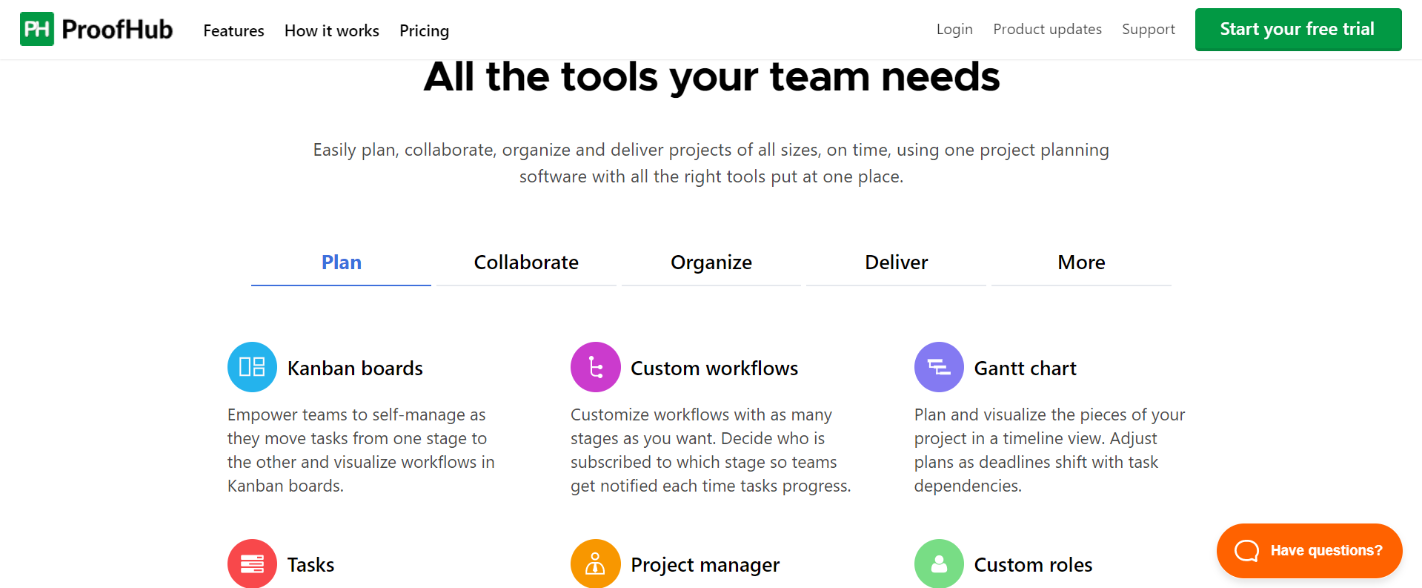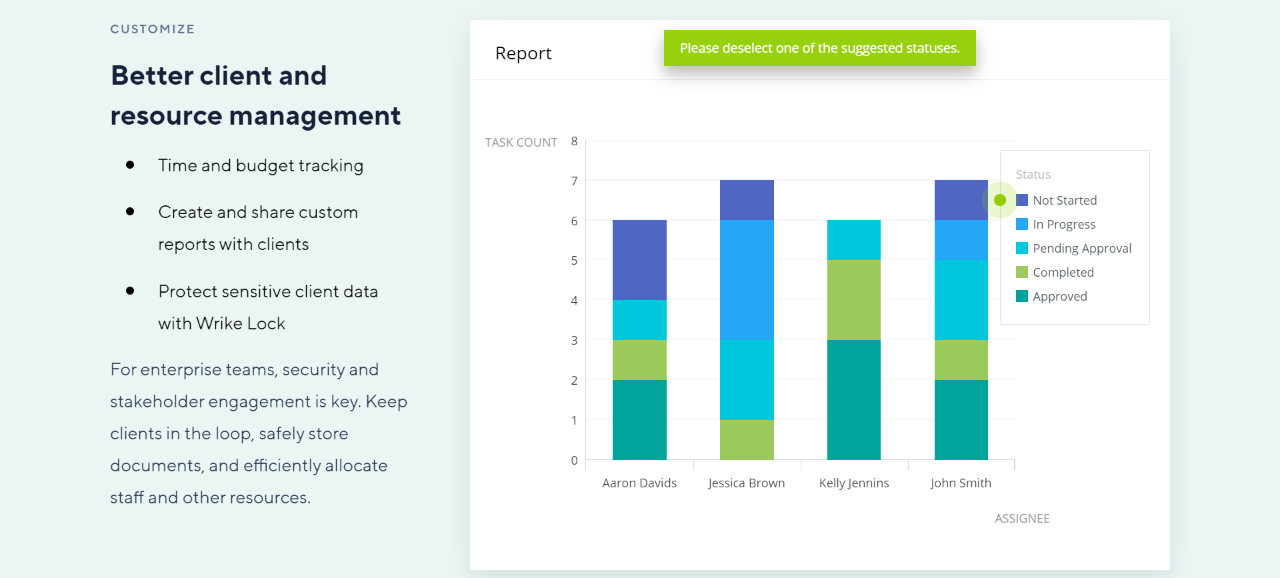
The Top 5 Project Management Apps
Project management tools help companies stay on track and improve collaboration between team members. With so many available, we’ve narrowed it down to the best five project management apps in 2020.
Asana

Asana is ideal for small and medium businesses that need to streamline their projects. The platform features intuitive design features and updates changes in real-time. Suppose you’re looking to improve your workflows. In that case, a premium subscription to Asana comes with expert automation tools where you can assign tasks, and move completed projects to separate folders at the click of a button.
The only downside of Asana is that it can be tricky to navigate, especially if you’re not used to project management software. If you want to organise your team and analyse their productivity with Gantt charts and reviews, then Asana could help you to streamline your operations.
Monday

Monday is a relatively new kid on the block, but its popularity is undeniable. Its ease of use and range of flexible features means teams of all sizes can take advantage of Monday and the platform is one of the simpler ones to navigate. There are lots of integrations, so you can maximise your team’s productivity and a new feature enables you to build apps on Monday.
With everything it has to offer, Monday is a strong competitor. The only drawback is that if you want to access all of their features, you’re looking at paying £14 per month per user. Due to its pricing, Monday’s task management software might not be an excellent option for start-ups or small businesses.
Trello

If you want to save on costs, Trello is the perfect project management tool. It has a free version for small teams, which includes the ability to create, assign and mark projects as complete. With Trello, all you have to do is move your project cards to different folders, which saves a lot of time.
Trello has plenty of advantages, but if you need advanced features, then you’ll want to look elsewhere. There aren’t any reporting apps, and the platform isn’t suitable for complicated projects.
ProofHub

ProofHub is a heavy hitter in the project management world, due to its features. Teams from all over the world can collaborate on the platform as it supports a range of languages. You can also add your company logo and branding colours to ProofHub, which is a useful tool if you want to white-label the software.
Other features include assigning employees varying levels of access and the pricing is based on the number of projects you’re running rather than per team member. The main downside of ProofHub is it has a reputation for bugs, and it can’t handle complex tasks.
Wrike

If you manage complex projects, then Wrike has the capabilities to support you. It has a unique three-pane view that lists your projects according to the tasks associated with them, and advanced analytics to make sure you get the most from your team. The forms feature means you can automatically assign tasks and save your team a lot of time.
For simple project management, teams of up to five people can use Wrike for free. The business variant for large companies is expensive, but it includes all of Wrike’s features. We should mention though that if you’re not very technology-friendly, then you might want to go for a platform with a more straightforward interface.
So now know which project management apps in 2020 are the best. Stay tuned for more helpful business and web design tips. You can also join our Facebook tribe here.


Recent Comments